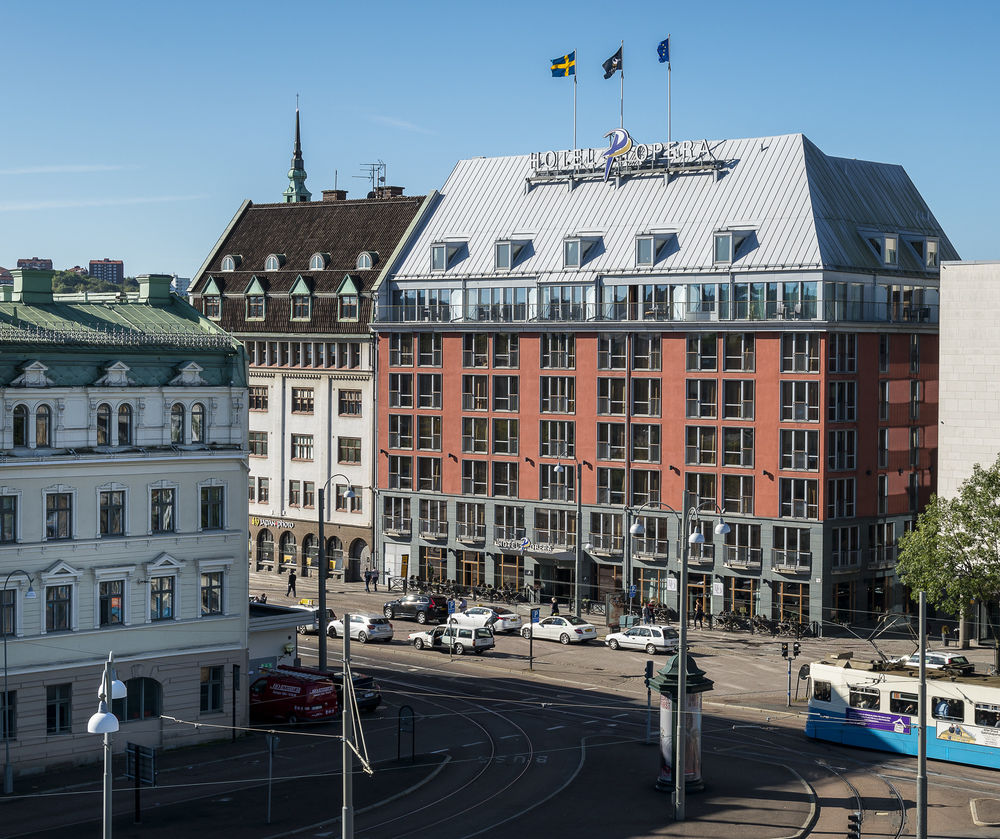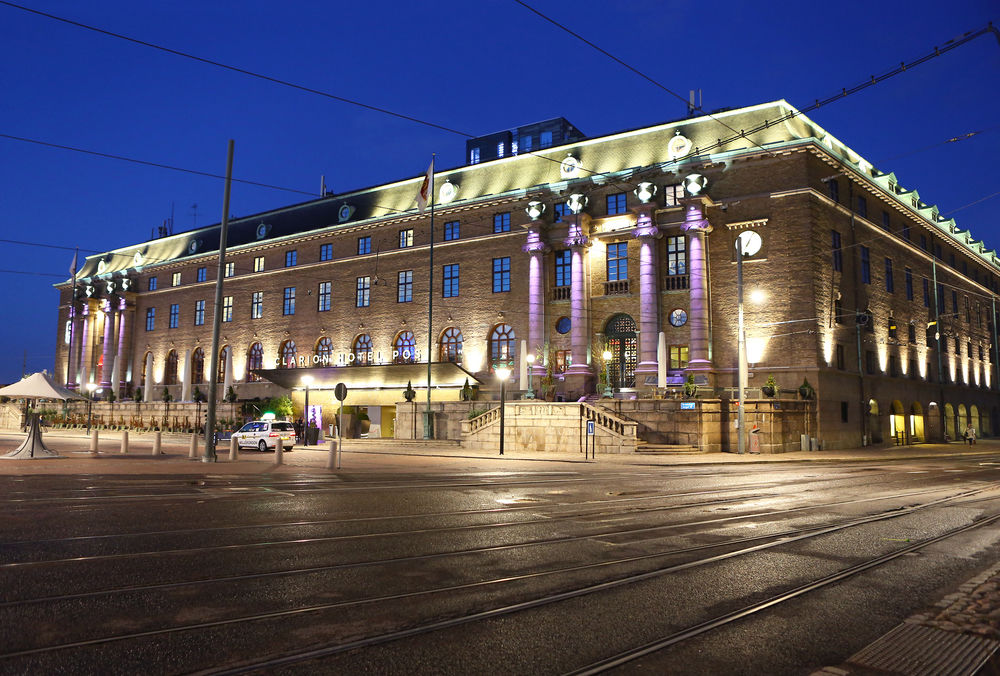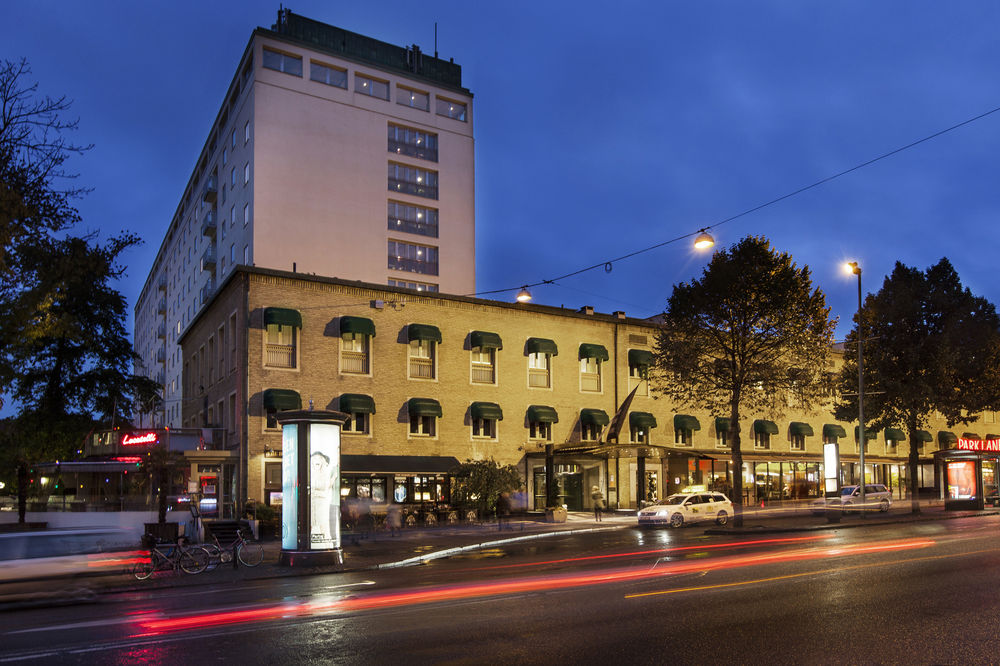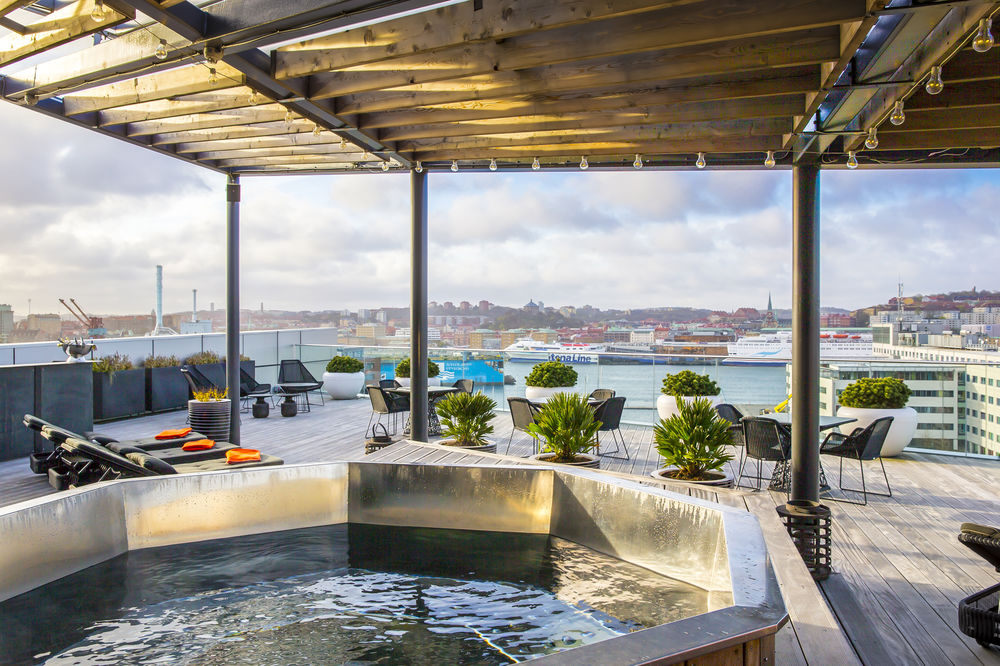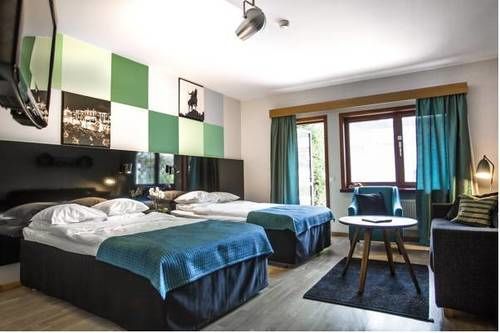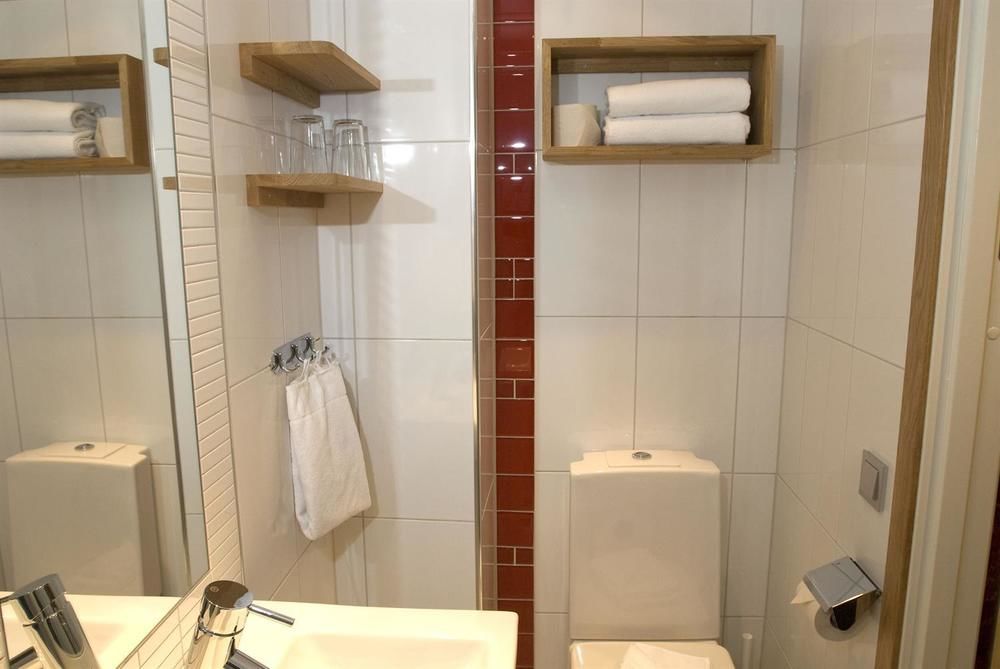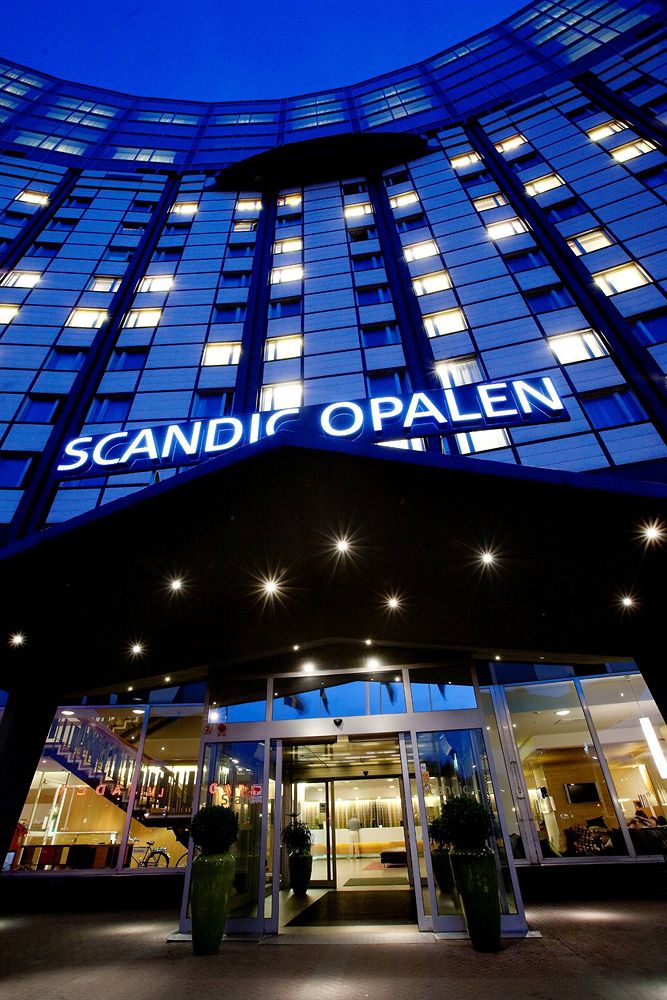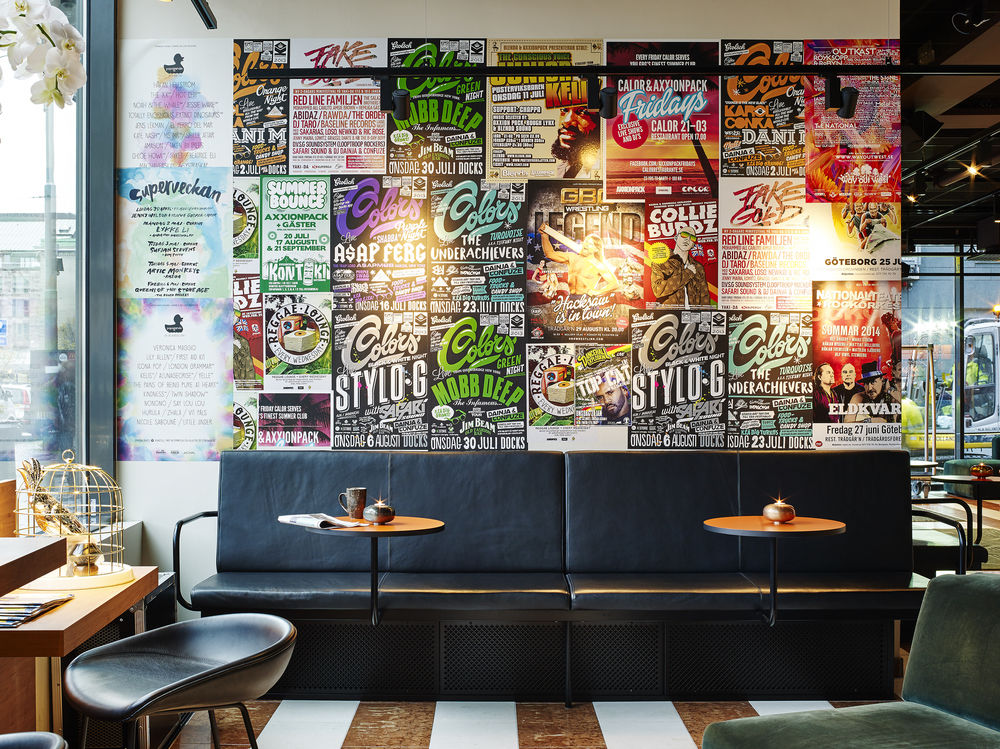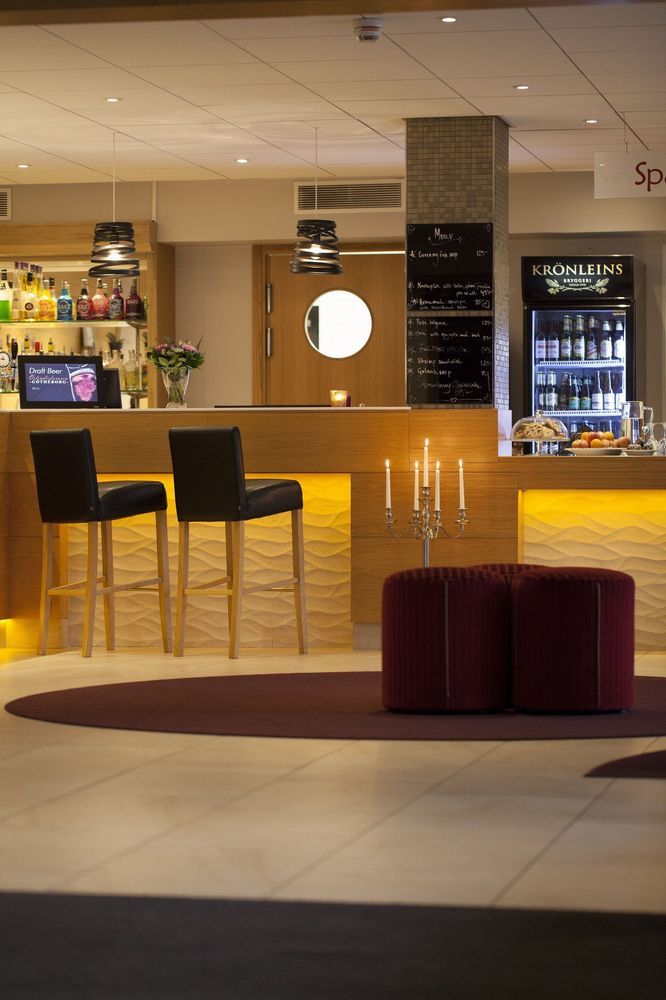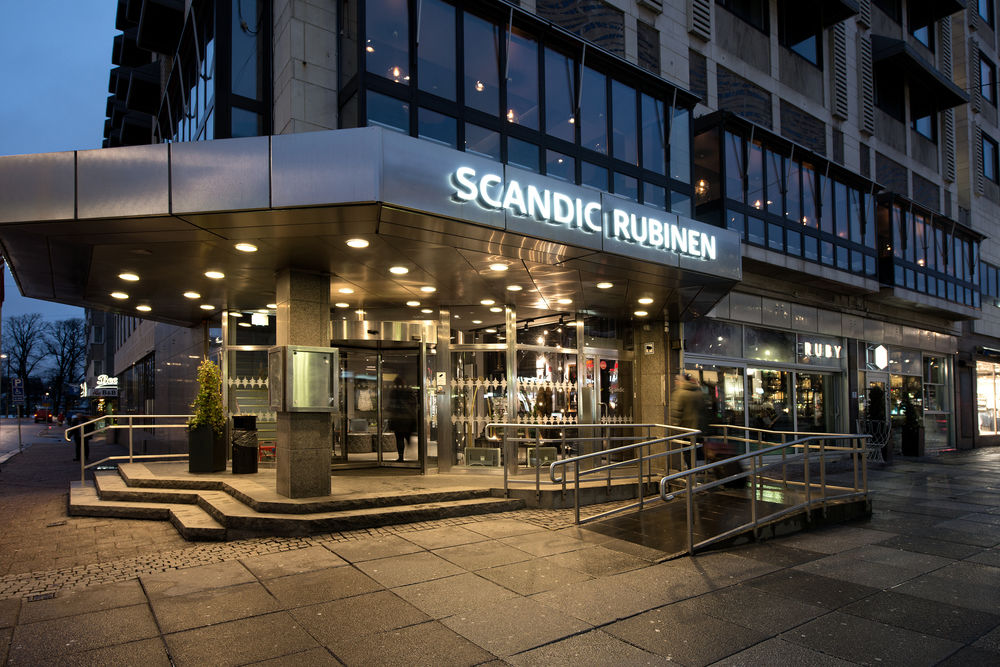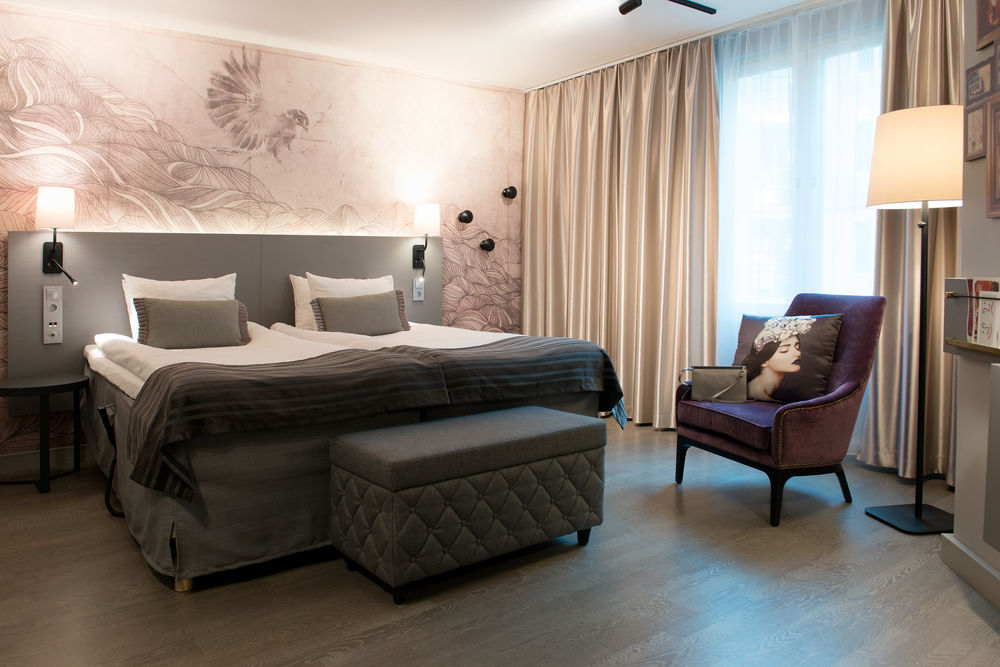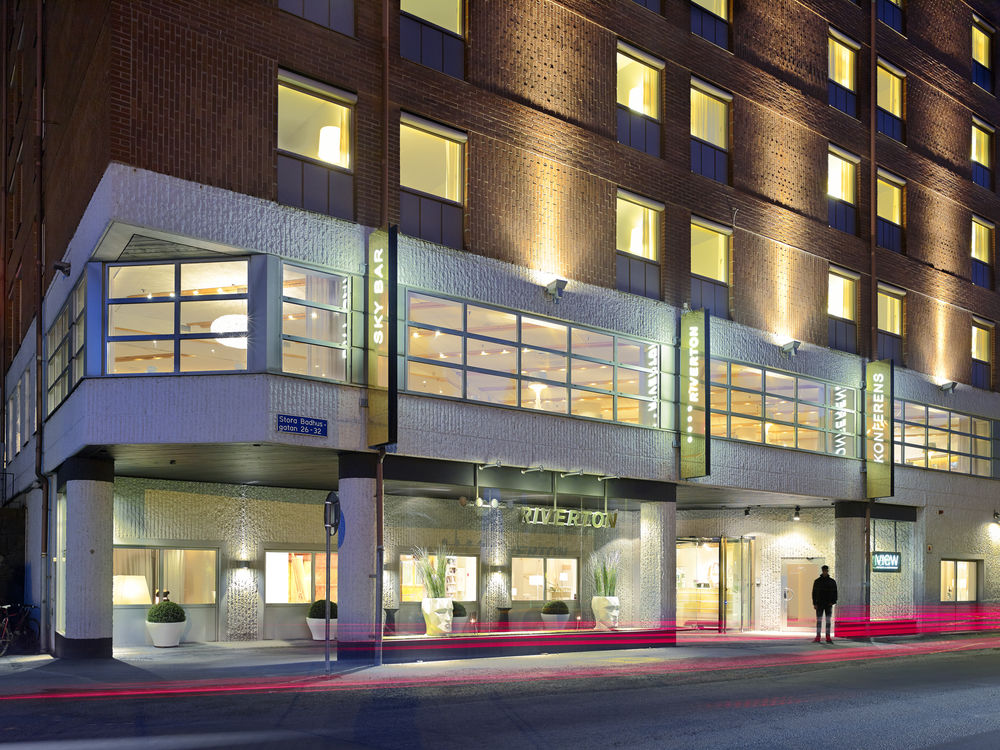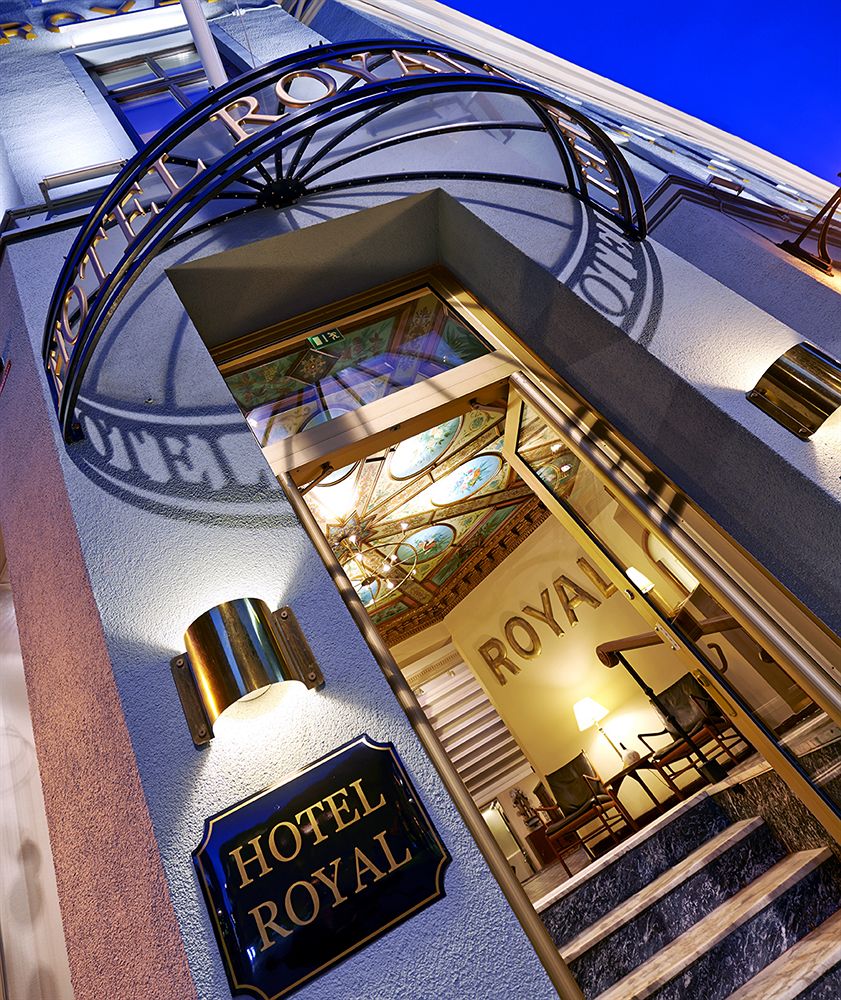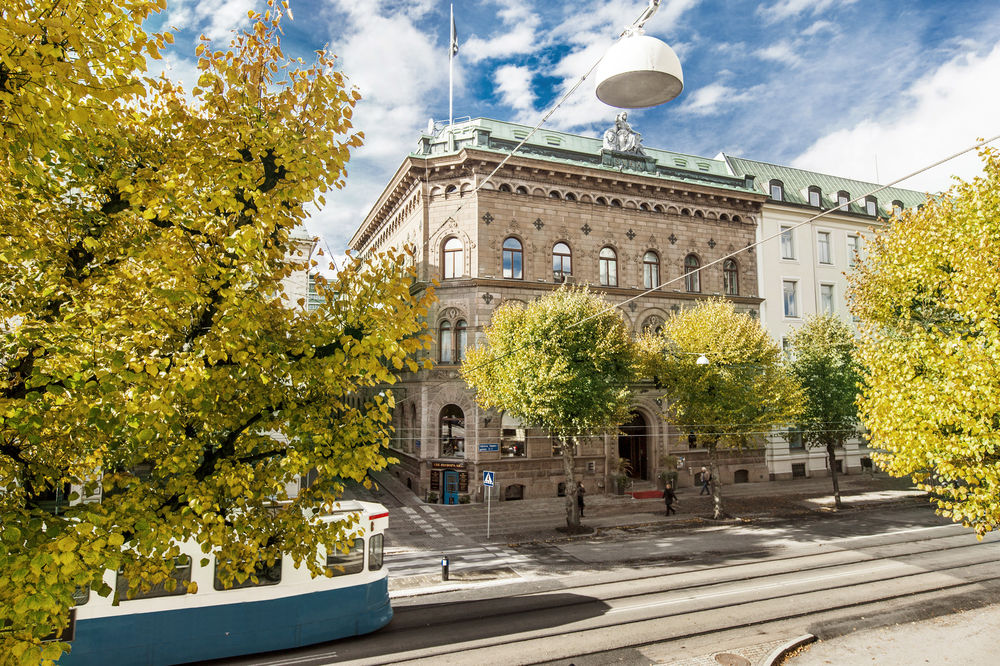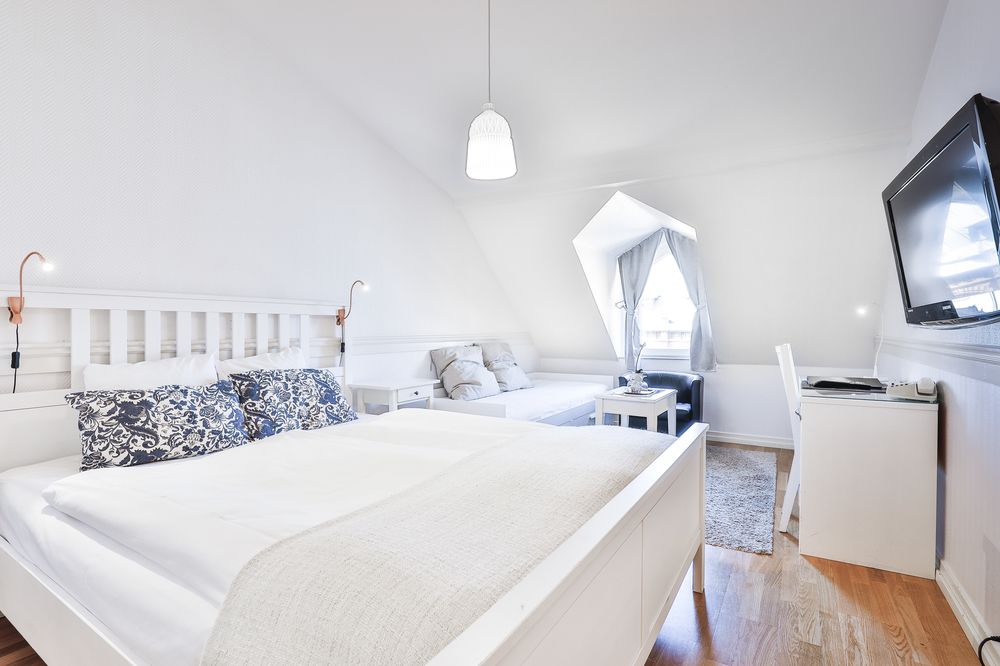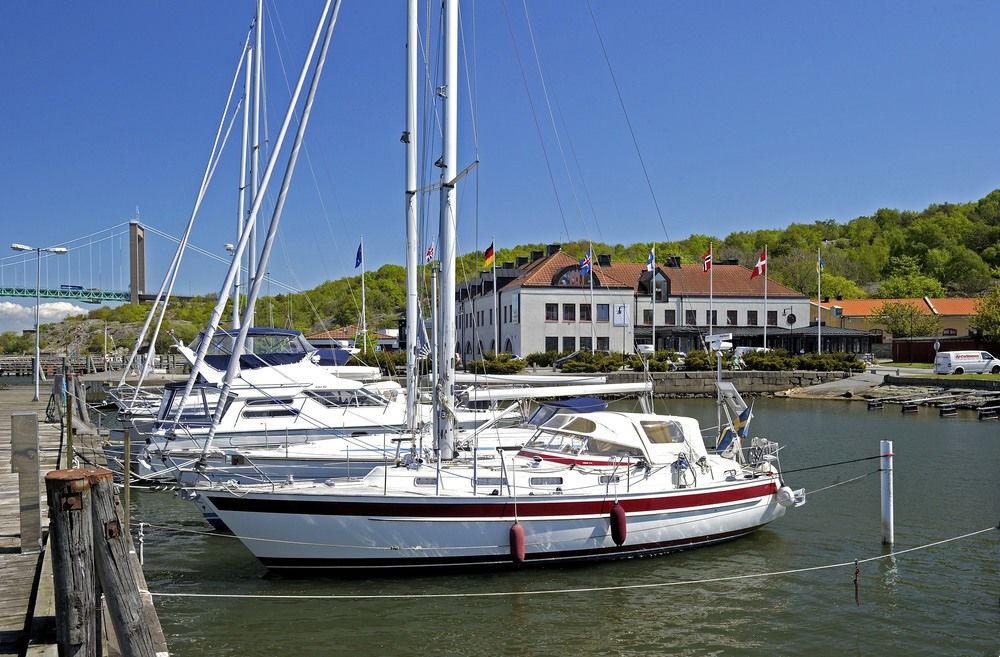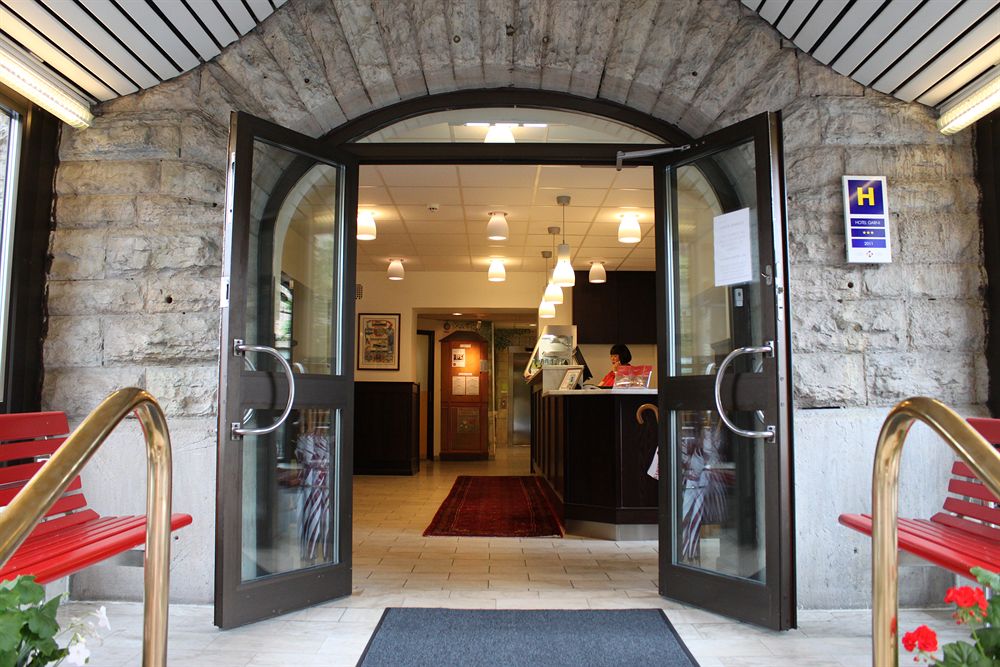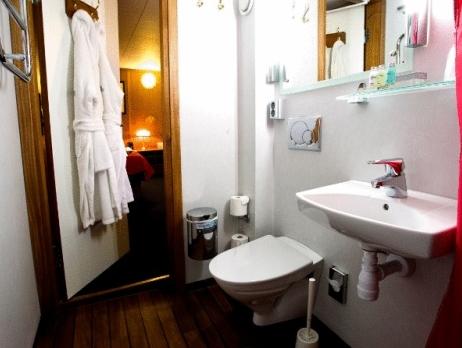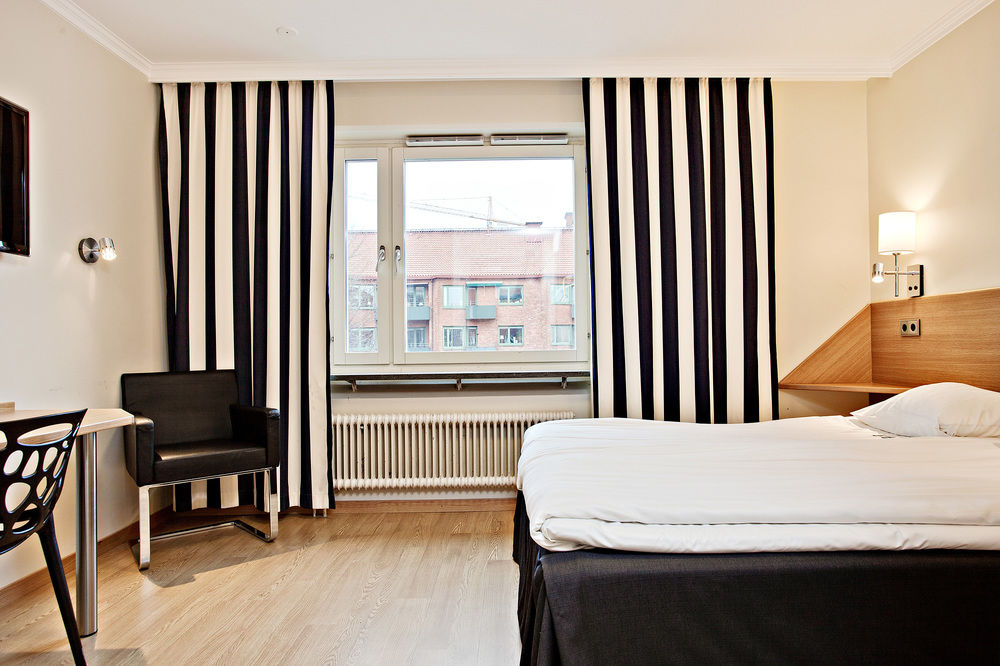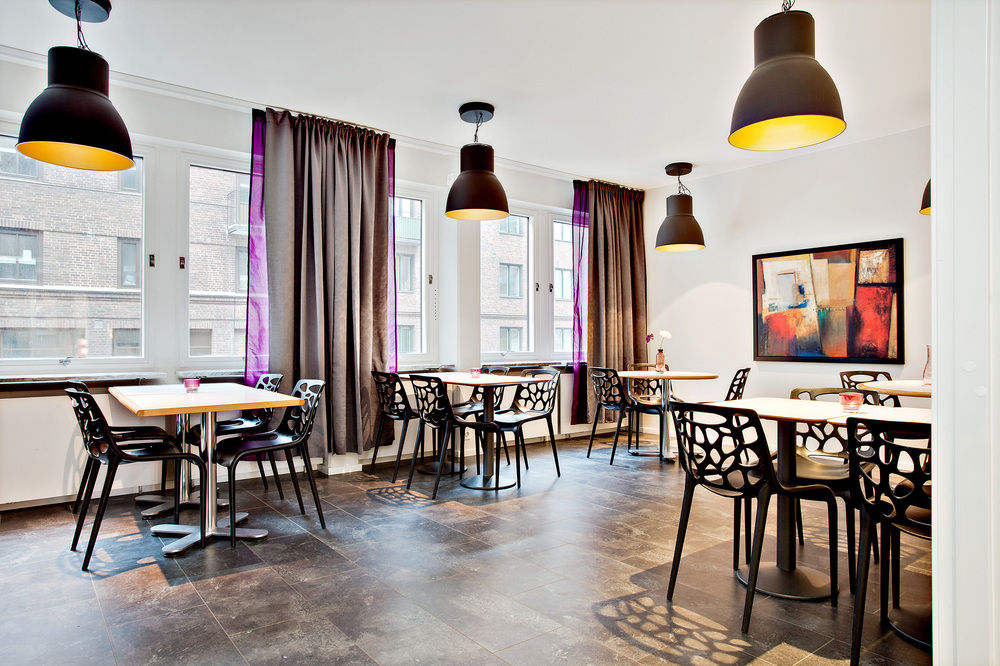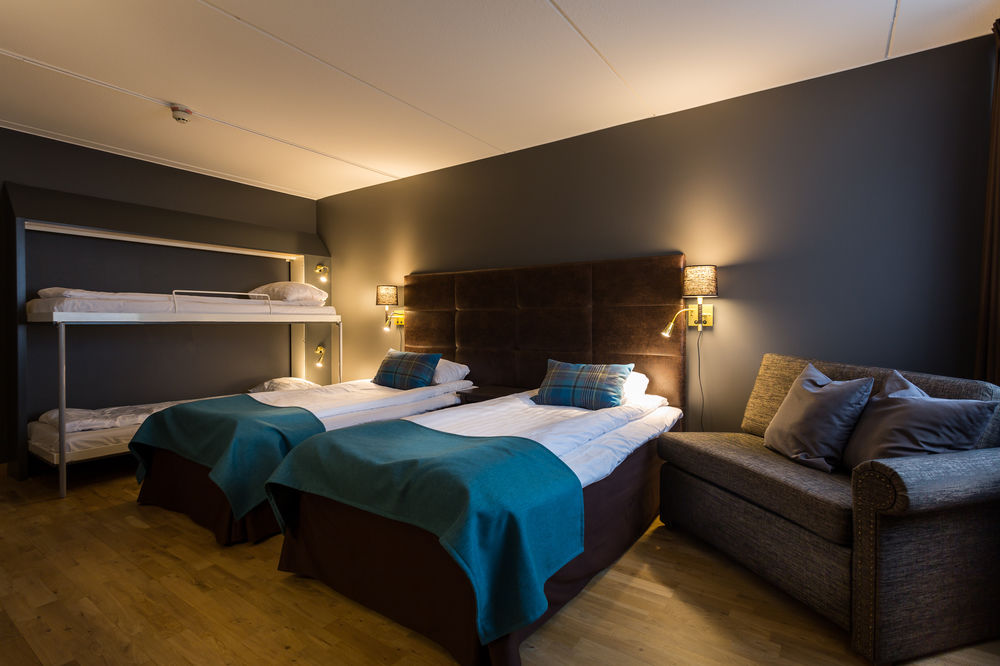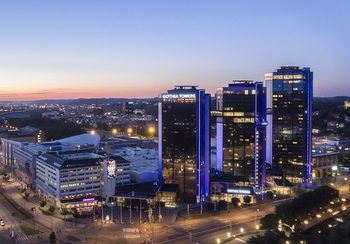
ヨーテボリホテル検索結果
AIが見つけた軒のホテルの最安値をご覧ください。
ベストホテル
最安値のホテル
ホテル等級
AIおすすめ
ヨーテボリベストホテル
ヨーテボリ 最低価格のホテル
最高評価のホテル
ヨーテボリにある5つ星ホテル
ヨーテボリにある4つ星ホテル
ヨーテボリにある3つ星ホテル
AIがおすすめする世界の旅行先
ヨーテボリ近くのホテル情報
ヨーテボリ 旅行に欠かせない情報
Gothenburg ( ( listen); abbreviated Gbg; Swedish: Göteborg [jœtɛˈbɔrj] ( listen)) is the second-largest city in Sweden and the fifth-largest in the Nordic countries, and part of Västra Götaland County. It is situated by Kattegat, on the west coast of Sweden, and has a population of approximately 570,000 in the city center and about 1 million inhabitants in the metropolitan area.Gothenburg was founded as a heavily fortified, primarily Dutch, trading colony, by royal charter in 1621 by King Gustavus Adolphus. In addition to the generous privileges (e.g. tax relaxation) given to his Dutch allies from the then-ongoing Thirty Years' War, the king also attracted significant numbers of his German and Scottish allies to populate his only town on the western coast. At a key strategic location at the mouth of the Göta älv, where Scandinavia's largest drainage basin enters the sea, the Port of Gothenburg is now the largest port in the Nordic countries.Gothenburg is home to many students, as the city includes the University of Gothenburg and Chalmers University of Technology. Volvo was founded in Gothenburg in 1927. The original parent Volvo Group and the now separate Volvo Car Corporation are still headquartered on the island of Hisingen in the city. Other key companies are SKF and Astra Zeneca.
Gothenburg is served by Göteborg Landvetter Airport 30 km (19 mi) southeast of the city center. The smaller Göteborg City Airport, 15 km (9.3 mi) from the city center, was closed to regular airline traffic in 2015.
The city hosts some of the largest annual events in Scandinavia. The Gothenburg Film Festival, held in January since 1979, is the leading Scandinavian film festival with over 155,000 visitors each year. In summer, a wide variety of music festivals are held in the city, such as Way Out West and Metaltown.
 時間 UTC+02
時間 UTC+02 通貨 SEK
通貨 SEK 言語 Swedish
言語 SwedishStaypiaだけの特別な特典
リアルタイムホテル最安値比較
AIが見つけたin ヨーテボリの軒のホテルのリアルタイム最安値を簡単に比較検索できます。
316万軒のホテルを最安値で予約
最低価格に最大31%追加メンバーシップ割引でさらにお得にご予約いただけます。
自分だけの
AIがリアルタイムで更新するヨーテボリ旅行情報で便利に旅行を準備しましょう。
よくある質問
ヨーテボリで最も人気のあるホテルは Gothia Towers & Upper House, Radisson Blu Scandinavia Hotel Goteborg, First Hotel G です。
ヨーテボリで最も評価の高いホテルはGothia Towers & Upper House, Radisson Blu Scandinavia Hotel Goteborg, Elite Park Avenue Hotelです。
一般的なホテルの場合、客室予約はキャンセル締切日前まで無料返金が可能です。キャンセル締切日以降は手数料が発生する場合がありますので、ホテルバウチャーまたはメニュー>マイ予約でキャンセル締切日をご確認ください。
ステピアでは、AIが収集した316万件のホテルの最安値はもちろん、会員限定の追加割引価格で人気ホテルを予約することができます。


